Words of wisdom and miscellaneous facts by Dr. Wysong and others.
This is an accumulation over several decades and the accuracy cannot be attested to.
Wysong vs Nemos Bible Debate
COSMOLOGY LIES AS BIG AS THE UNIVERSE
⬇️ Click to scroll down to article
"We'll know our disinformation program is complete when everything the American public believes is false."
—William Casey CIA director 1981
The bigger the lie the greater its acceptance because people cannot believe authority figures would ignore reality.
To find truth we must hate the lie more than love accepted beliefs.
Fraud vitiates everything it touches. (common law maxim) Nudd v. Burrows (1875) 91 U.S. 416.
Fraud destroys the validity of everything into which it enters. Boyce's Executors v. Grundy (1830) 28 U.S. 210.
Fraud vitiates the most solemn contracts, documents and even judgments. United States v. Throckmorton (1878) 98 JU.S. 61.70.
FORWARD
The accepted cosmogony/cosmology (origin and nature of the universe) belief is:
—William Casey CIA director 1981
The bigger the lie the greater its acceptance because people cannot believe authority figures would ignore reality.
To find truth we must hate the lie more than love accepted beliefs.
Fraud vitiates everything it touches. (common law maxim) Nudd v. Burrows (1875) 91 U.S. 416.
Fraud destroys the validity of everything into which it enters. Boyce's Executors v. Grundy (1830) 28 U.S. 210.
Fraud vitiates the most solemn contracts, documents and even judgments. United States v. Throckmorton (1878) 98 JU.S. 61.70.
FORWARD
The accepted cosmogony/cosmology (origin and nature of the universe) belief is:
A Big Bang of nothing created an infinite meaningless universe containing atomic dust that gravitationally accreted into heavenly bodies including our Earthball moving in several different directions at 2.8 million mph and holding an atmosphere next to the vacuum of space while spontaneously forming life from primeval sludge that then evolved into complicated rocks called humans with no free will.
Long ago it became clear to me that the materialistic evolutionary part of that credo was false.
But I was on board with the cosmology part. After all, we see rocket ships going to and fro, there is a "Space Force," pictures of Earth and planets abound, astronauts float around and in the International Space Station, thousands of people and billions of dollars support it, and, of course, "all" the experts believe.
To question this is to be a conspiracy theorist, misinformationist, or even a lunatic. Oh my, we must, after all, follow the crowd.
The idea that we are being lied to about space didn't even enter my mind until a few months ago when what was left of my naive and trusting innocence had been totally demolished with the COVID-19 fraud.
We, the crowd, extend our trust to institutions charged with looking after our interests. But government, Big Medicine, education, media, industry, Big Tech, science, and NASA chase money, their own security, and even power over us.
That should not inspire confidence in beliefs they create, promote, protect with censorship, and even demand acceptance of.
If we want truth, we have to find it ourselves. To do that requires the opposite of trusting in others. It means sleuthing what the powers that be try to hide from us in internet archives, banned videos, censored "disinformation," and what "fact checkers" say isn't so.
Probing into the subject I was stunned to learn that:
That means unproven beliefs, stories, and even fakery are being passed off as science and truth.
This subject may seem inconsequential to everyday life. But that's only true if we aren't being lied to about it. If the truth is being hidden from us, we can be sure of one thing, it's not being done for our benefit.
Truth seekers learn that the scale and ostentatiousness of lies being fed to us means nothing can be tacitly trusted.
Everything of importance from government, media, industry, medicine, education, economics, science, history, religion, and popular society must be assumed to be false unless we prove otherwise by doing our homework and thinking critically.
This series will provide wake-up information to help you discover lies as big as the universe.
But I was on board with the cosmology part. After all, we see rocket ships going to and fro, there is a "Space Force," pictures of Earth and planets abound, astronauts float around and in the International Space Station, thousands of people and billions of dollars support it, and, of course, "all" the experts believe.
To question this is to be a conspiracy theorist, misinformationist, or even a lunatic. Oh my, we must, after all, follow the crowd.
The idea that we are being lied to about space didn't even enter my mind until a few months ago when what was left of my naive and trusting innocence had been totally demolished with the COVID-19 fraud.
We, the crowd, extend our trust to institutions charged with looking after our interests. But government, Big Medicine, education, media, industry, Big Tech, science, and NASA chase money, their own security, and even power over us.
That should not inspire confidence in beliefs they create, promote, protect with censorship, and even demand acceptance of.
If we want truth, we have to find it ourselves. To do that requires the opposite of trusting in others. It means sleuthing what the powers that be try to hide from us in internet archives, banned videos, censored "disinformation," and what "fact checkers" say isn't so.
Probing into the subject I was stunned to learn that:
| Nobody, including any scientist, can prove any aspect of the approved cosmogony/cosmology belief using experimentation and the scientific method. |
That means unproven beliefs, stories, and even fakery are being passed off as science and truth.
This subject may seem inconsequential to everyday life. But that's only true if we aren't being lied to about it. If the truth is being hidden from us, we can be sure of one thing, it's not being done for our benefit.
Truth seekers learn that the scale and ostentatiousness of lies being fed to us means nothing can be tacitly trusted.
Everything of importance from government, media, industry, medicine, education, economics, science, history, religion, and popular society must be assumed to be false unless we prove otherwise by doing our homework and thinking critically.
This series will provide wake-up information to help you discover lies as big as the universe.
"We'll know our disinformation program is complete when everything the American public believes is false."—William Casey CIA director 1981
"We know they are lying, they know they are lying, they know we know they are lying, we know they know we know they are lying, but they are still lying."—Aleksandr Solzhenitsyn
"We know they are lying, they know they are lying, they know we know they are lying, we know they know we know they are lying, but they are still lying."—Aleksandr Solzhenitsyn
|
1/22/2019
Click to enlarge, Ctrl + to enlarge further; Ctrl 0 to return to 100%
Jesus, other Jews before him, Mohammed, and most founders of religions did not write holy books during their lives. Books attributed to them were not originally written in Middle-Age English or other modern languages, leather-bound with gold-embossed page edges, thumb notched, and then carefully guarded and passed down to this day.
Focusing here on the Bible, there was no consensus among Jews, even into the Christian era, as to which books were to be included in the Hebrew Bible (Old Testament). Some of present-day Judaism's most sacred books did not even exist at the time Columbus visited America. Catholic, Protestant, and Eastern Orthodox religions are also in disagreement about what is or is not the authentic Bible. No Original Bibles There is no uninterrupted Bible tradition beginning with the first printing for Adam and Eve, and then extending to Jesus, and from Jesus down to this day. Astonishingly, there are absolutely no original texts. The earliest writings used in the New Testament are generally thought to be letters by Paul (who never met Jesus) and are believed to have been written about 50 to 60 A.D. (twenty to thirty years after the death of Jesus). The earliest Gospel is believed to have been written in a range of 70-200 A.D. The earliest actual document found is the P52 papyrus fragment of the Gospel of John. It is a copy of a copy of a copy . . . dated between 125-300 A.D. There are thousands of other fragments of copies of copies of copies . . . most dating to the ninth century.
Early Copy Differences
There are hundreds of thousands of differences between the various copies of copies of copies of mistakes of mistakes. There are more differences than there are words in the New Testament. There are words, lines, and pages omitted, spelling errors, and the insertion of the personal views of the scribes. Most are inconsequential to meaning, and some alter the meaning entirely. The greatest differences are among the earliest copies. Which, of course, suggests that the later versions were redacted to comport with one another and fit the ideas of people far removed from the actual events. Remember, since there are no originals the true degree of variance from the originals cannot be known. Some of the more serious examples of omissions and contradictions include the famous story of Jesus telling those without sin to cast the first stones at an adulteress. (John 7:53-8:11) This is not found in the earliest manuscripts. The last 12 verses in Mark regarding speaking in tongues and snake handling are also not found in the oldest manuscripts. (Mark 16:9-20) How many people through the millennia have been injured and killed believing these were words of the Creator can only be guessed. Jesus' statement in Luke 23:34 asking the father to forgive his executioners for not knowing what they were doing is missing in the oldest texts. Whether Jesus is god or not, or part of a trinity, depends upon which part of the Bible is being read. There are countless of such issues. Scholars around the world spend entire lives debating the comparisons between the copies of copies of copies of mistakes of mistakes. At stake is the inerrancy of the Bible. But, to repeat, there is no original by which any copied document can be compared to determine accuracy. There were many stories about Jesus other than the few that were finally included in today's New Testament. For example, the "apocryphal" writings not included in the modern Bible were accepted by many Christians in the first four centuries. Books referred to in the Old Testament, such as Nathan, Jasher, Ahijah, Iddo, Jehu, and the Sayings of the Seers are not included. Catholics include numerous Apocryphal (Deuterocanonical) books while other religions exclude them. The Song of Solomon and Esther are included but never mention a divinity or any religious duty. Joseph Smith's translation of the Book of Mormon, supposedly created by putting a hat containing a seer stone over his face, is not included. Many Different Christianities From the Beginning Christianity in its beginnings was heterogeneous as it is now. Although today it's commonly argued by Bible-believing sects, including the one I followed for a time, that they have "gotten back to the original true Christianity." But there is no evidence that there was ever one original true Jesus religion. All versions were vying Jewish reformist and messianic movements, not something separate from Judaism. Christianity did not become separated from Judaism and unified until the pagan government stepped in hundreds of years A.D. The human element is everywhere in the composition, editing, compilation, and transmission of the Bible. Over many hundreds of years, Christianity was codified based upon which group could gain the favor of worldly powers and suppress opponents. Decisions about what was official Bible were made through special interest, debate, and battle. The history of Christianity comes to us through the eyes of the victors. The losers were called heretics, the winners were called orthodox. The New Testament came to be a selection of writings from among many, such as the omitted "heretical" Gnostic and Essene gospels. Only four gospels were chosen. Some scholars say that was due to the influence of myths such as the "four zones of the world" and the four corners of the zodiac cross. There has never been a consensus of what should or should not be in the Bible. People such as Origen and Eusebius in earliest Christian times, later Martin Luther, and modern-day scholars debated and debate about what is or is not the authentic "word of god" Bible. Such debate remains alive and well because, again, there are no original texts by which to judge the thousands of copies of copies of copies. The Bible has been repeatedly edited, then rewritten again and again, translated and re-translated, then given to kings for them to purge and compose to their liking, then edited, rewritten, and translated over and over, then modified by popes, then rewritten and re-edited to remove the parts they didn't like and keep their favorite parts. Any consistency found today is not because the eclectic original writings (which, again, do not exist) agreed with one another, but because of creative emendation by enthusiastic believers. Constantine's Decisions The official state-sanctioned assemblage of writings known as the Bible began when the Roman Emperor Constantine saw his empire increasingly divided by religious factions. In 325 A.D., while still embracing pagan Mithraism, he viewed the Christ god primarily as an effective war god. Constantine convened the Council of Nicaea to keep his kingdom united by establishing Christian orthodoxy. This was the first of several such councils to decide upon the makeup (canon) of the Bible.
At the time of Constantine, councils to mandate beliefs were necessary because varying ideas were popping up everywhere. For example, Docetism, based upon the Gospel of Peter, one of the early books rejected, was widely spread. It taught that Jesus was not physically real, but rather an allegory for the spiritual awakening possible within any person. Many scholars today argue that all of Paul's letters reflect that same belief. Others disagree. (YouTube contains many debates on these subjects by scholars such as Ehrman, Price, and Carrier which, in spite of all the erudite knowledge displayed, solve nothing.)
At one counsel in ancient Chalcedon, it was decided that Christ was both human and divine. The opposition, called Monophysites, believed Christ was only divine. After the Council voted, the Monophysites were declared heretics.
In the 4th century, Pelagius refuted Augustine's original sin doctrine that man was predestined to be evil due to the fall of Adam and Eve. According to Pelagius, the mistakes of man do not come from inherent evil, but rather from failed conscience and the ability to choose. To him, guilt and sin were a matter of will, not moral genetics. Pelagianism was anathematized as heresy in the 6th century but continues to this day.
At the time of Constantine's Council of Nicaea, the prevalent view of Christian salvation, as evidenced in the Gnostic gospels (Nile River Gospels/Nag Hammadi Library) and as taught by early scholars such as Origen (third century), was that people reincarnated to learn and grow from a variety of Earth experiences. Christ could be "within" any person and any person could be a "son of God." People were their own redeemers on Earth.
A more favorable and utilitarian view to Constantine, himself coming from a long line of emperor gods and sons of gods, beginning with Julius Caesar in 49 B.C., was that salvation could only take place in heaven. Not surprisingly, to get to heaven people had to demonstrate appropriate obedience to earthly state religion creeds, ordained clergy, and their god leader, Constantine.
Arius argued Jesus could not be the same as god, but Constantine's council at Nicaea made Jesus an incarnate son of god just like Constantine declared himself to be.
To make sure there were no heirs of Jesus lingering about to compete with him, Constantine applied the pagan doctrine of god celibacy to the Jesus and Mary story. To be saved, people needed baptism into and confession of the Nicene and other creeds. People were executed for not believing what such councils decided.
The early Christian reincarnation view was a threat to Constantine because it put people in charge of their own spirituality and posited salvation with no time limits. Constantine, of course, preferred the church-state in charge and putting people on notice that if they did not obey the church-state during their one shot on Earth (in his domain), hell awaited. It was a contest between individual spirituality on the one hand and the business of power religion and politics on the other.
A vote was taken and, not surprisingly, the church-state idea of heavenly salvation won. But there were still dissenters. Constantine immediately had rebels, such as Arius, branded as heretics and banished. All books contrary to the new orthodoxy were destroyed. Keeping one was punishable by death. A second Nicaea vote was held. The dissenters weighed their options: vote with Constantine or be banished, or worse. Of course, Constantine's doctrine of heavenly salvation and the deity of Jesus won by a landslide. That became the Biblical word of god. About a hundred years later, not wanting to contend with the persistent heretical Gnostics who challenged the Nicene Creed, and to make compliance doubly sure, Archbishop Cyril had as many of the Gnostic gospels and contrary books as he could find in Alexandria's libraries burned. (The only thing worse than book burning is not to read them.) Some early Christians hid their texts in earthen jars and placed them in caves to be preserved in the desert air. That's why some of the Gnostic Christian texts have survived to this day, such as the Nag Hammadi codices found in upper Egypt in 1945.
Pity those who disagreed with Constantine's new orthodoxy. The beautiful Alexandrian teacher, Hypatia, was dragged to the church, stripped by Cyril's holy monks, and flayed alive to the bone with oyster shells for her noncompliant reincarnation-flavored Christian philosophy. Imagine the degree of belief necessary to flay a living person! But these early church fathers felt they were just doing god's bidding. And besides, they thought that if their god could torture people eternally in hellfire, they should emulate such cruelty and ferocity as best they could.
In celebration of Cyril's great contribution to holiness, he was made a saint upon his death.
Constantine the Great, who claimed "foreknowledge granted by God himself," has been revered even though he was responsible for the death of his wife Faustus, and son Crispus (in 326, one year after the council where he decreed what god says), and other atrocities.
This early history of the Bible, which had nothing to do with inspiration by the Creator of the universe, did not incline me to continue to labor over every Biblical word voted on by Constantine and the likes of Cyril. Why Not a Perfect Book in Everyone's Hands? If the Creator felt it important that humans have a perfect book to show a path to heaven and avoid divine wrath, then it would be reasonable to expect that billions of copies in each of the 10,000+ native languages should magically appear, one into each person's hands—a trivial feat for the Creator of the universe. Moreover, all people could be magically programmed to be literate and interpret them the same. After all, obedience and holiness should center on knowing truth, not the ability to decipher confusing and ambiguous ancient tongues. As it is, religions vie with one another on what holy books say and mean, even venerating those claiming special apologetic and exegetical skills and knowledge of ancient languages. All for what? Certainly not to learn ethics. Not only can anyone derive morality from simply probing their own conscience, but holy book renderings have led to witch trials, the Inquisition, and countless other heinous acts. Then there is the embarrassing fact that general access to the 700,000 printed putative words of the Creator in the Bible had to wait for Gutenberg in the fifteenth century, the inventor of the printing press, and modern mail services. That would make Gutenberg and mailmen among the holiest of all people. Up to then, to keep the mystique and the clergy in power, the Bible was kept out of the hands of the populace for centuries. The flock was just spoon-fed official interpretations. In 1536 William Tyndale was garroted and burned at the stake. His sin was translating the Bible from Latin into English and thus making it more accessible to the common folk. Wycliffe was also burned alive by godly clergy for attempting translations. But in spite of hundreds of years of printing, distribution, and evangelism no holy book (forgetting that most cannot be traced to an original) has yet been made available to all nations in all languages. One-third of the world has not even heard of the Bible. That means, since religions claim their holy books are essential, huge sections of the world are condemned. To create humans in need of a holy book and then place them in a holy book illiterate darkness would serve no purpose other than to condemn the world to wickedness and doom billions of souls. Attributing such an act to the Creator would make that Creator fiendish. Religion is presented as a moral beacon. If the only way to get at morality is through a book, people would be faced with the impossible task of sorting through not only the thousands of religious interpretations of the Bible, but all other holy books as well. Finding and deciphering books is not morality. Those serious about their holy book religions will spend their entire lives memorizing scriptures, studying original languages, and arguing doctrine and prophecy. I was on that path and still have the Bible I used with worn pages and hundreds of tiny notes and cross-references I made in the margins. Thousands of hours in study, but primarily to prove other religions wrong, while ignoring the sorts of things in these chapters that would cut the legs out from under any Bible religion's most fundamental tenets, including mine.
Uncertain Language
I was led to believe by my religion's leaders that an understanding of the original languages solves all Bible problems. So, I started to delve into the original languages of Bible writers (Hebrew, Aramaic, Greek). But that only made it clear that language itself creates generous room for disagreement and latitude. For example, Bible words in the native tongues, and those used in translations—Greek, Aramaic, Hebrew, Latin, Middle English, modern English, etc.—can have multiple meanings and cultural flavors. Vowels were not added to the Hebrew language used in the Old Testament until the seventh century AD. There were no punctuations, sentence breaks, paragraphs, chapters, or headings in the early Bible texts. This made consistent copying and deciphering nearly impossible. I had to stop romanticizing about inspired Bible writers and face the reality of hundreds of ancients writing on skins and plant leaves without Word, Spellcheck, and the internet. Even meanings for words change over time. "Wife" now means a woman married to a man. In Middle English, it meant simply a woman. This meaning remains to this day in words like "midwife" and "fishwife." Think of the Dutch one could get into imposing today's meaning of "wife" on writings just a few hundred years old. Consider the possibilities with words thousands of years old in foreign languages.
Even the placement of a comma, if there are any, can make a huge difference in meaning. For example: "Woman, without her man, is nothing," versus, "Woman, without her, man is nothing." Simple commas can produce exact opposite meanings.
Or, consider the words of Jesus to the repentant thief hanging on the cross beside him: "Truly I say to you, today you will be with me in heaven." (Implying that at death they would both be in heaven) Or, "Truly I say to you today, you will be with me in heaven." (This implies that they may not get there until some undetermined time in the future.) Both versions are in today's official Bibles stamped as the Word of God.
Presently there are some 40 English versions and over 1,400 translations of just the Bible. There is no "one" Bible or one other holy book. Nor are any of them better-written literature (as would be expected of the Creator) than humans can write.
Even if the Creator were a monoglot and all people on Earth spoke that language, and the canon of a holy book was undisputed, the problems of interpretation are not solved. For example, a legal contract in a tongue common to both parties can be interpreted differently. A judge and jury can also have different interpretations of it. A final judgment can cause debate in the legal profession for decades. That makes writings in a foreign tongue, translated over and over, written thousands of years ago, recounting oral traditions passed down through thousands of years before being written, impossible to be understood in one way by all people throughout all time. The thousands of vying religions extant today based on the same book testify to this.
Hubris Today it's common in religions to romanticize the ancients by letting distance in geography or time lend enchantment to their words. I must admit to this as well. The sonorous words and mysterious writings of the ancients make it easy to mystify them. But the past and its languages are not sacred for being past. Truth is also not time-sensitive. What was true in antiquity can be found in the living present.
I reflected on the complexity of life and a universe holding more stars than grains of sand on Earth, and more atoms in a grain of sand than stars in the universe. (One of those trillions of stars, VY-Canis Majoris is so large that it would take a thousand years for a plane traveling a thousand miles per hour to circumnavigate it.) Given the scope of such reality, it seemed the ultimate hubris to believe that man fills the mind of a Creator who then stoops to converse in printed, flawed, and puny human languages.
The "Word of God" Claim It is embarrassing to admit that the Bible claim to being the word of god influenced me. Wanting to believe, I ignored other books, such as the Quran, making the same claim. Since all holy books making the claim contradict each other, the claim is worthless.
If the mere claim of god authorship is not sufficient proof, and learned scholars can disagree after spending entire lives trying to figure out what true scripture is or what it means, a layman, such as myself, could justifiably feel hopeless.
But, for a time, I was able to deny doubt as most others do by reasoning that all things are possible with a Creator of infinite power. That would include guiding scriptural truths over eons through the quagmire of human scribes and their foibles. Embarrassingly, in that convenient rescue attempt, I didn't stop to ask myself or others why a Creator interested in sending a savior and communicating unequivocal truth would choose to do it in the Bronze Age when the world was essentially illiterate. Why not in the modern era with the Internet, television, and countless technological means to confirm the authenticity of documents and personages? That reasonable question aside, I came to realize the real problem was reconciling what the Bible actually said with what we can know of the Creator by just examining the created laws holding the universe together. A document authored by the Creator must mirror those laws by being true, noncontradictory, and ethical. Moreover, at the least, there should be substantial, unequivocal, and solid historical evidence for central figures such as Jesus. Let's see if those expectations prove true. If you agree, disagree, have questions, or have a correction please let me know. Comment below or email me at [email protected]
Leave a Reply. Choose Any Name
Comments
|
Solving the Big Questions
SECTIONSA: SEARCHING FOR TRUTHB: ORIGINS C: THE FINGERPRINT OF MIND D: RELIGION E: THE REAL REALITY F: OUR TRUE NATURE AND DESTINY CHAPTERSIntroduction1. Rules for Finding Truth 2. Truth Is Real and Accessible 3. Origin Choices 4. The Laws of Thermodynamics 5. The Law of Information 6. The Law of Impossibility 7. The Law of Biogenesis 8. The Laws of Chemistry 9. The Law of Time 10. Fossil Problems 11. Have Humans Evolved? 12. Are We Selected Mutants? 13. Favorite Evolution Proofs 14. Why Materialism Is Believed 15. Free Will Proves Creation 16. Design 17. Biological Machines 18. Nuts, Bolts, Gears, and Rotors Prove Intelligent Design 19. Humans Defy Evolution 20. The Anthropic Universe 21. Evolution’s Impact 22. Putting Religion on the Table 23. How Religion Begins and Develops 24. Religions Cross Pollinate 25. Gods Writing Books 26. Questionable Foundations of Christianity 27. How Best to Measure Holy Books 28. The Ultimate Holy Book Test 29. Religion Unleashed 30. End(s) of the World 31. Defending Holy Books 32. Faith 33. The Source of Goodness 34. Matter is an Illusion 35. Weird Things Disprove Materialism 36. Even Weirder Things 37. Creature Testimony 38. Personal Weirdness 39. Proving Weird Things 40. Skeptics and Debunkers 41. Free Will Proves We Are Other 42. Mind Outside Matter 43. Death is a Return 44. Life After Death 45. Why There is Suffering 46. What the Creator Is and Is Not 47. Thinking’s Destination $1 Million Reward Figures |

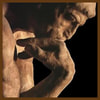
 YouTube
YouTube Podcast
Podcast
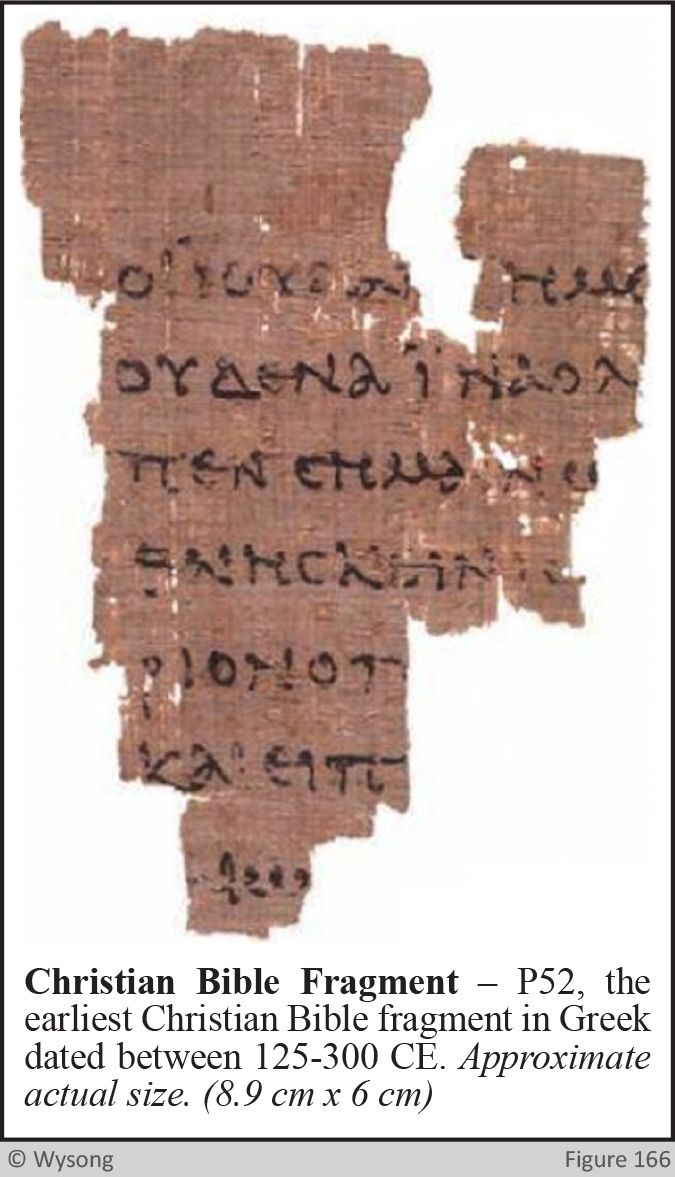
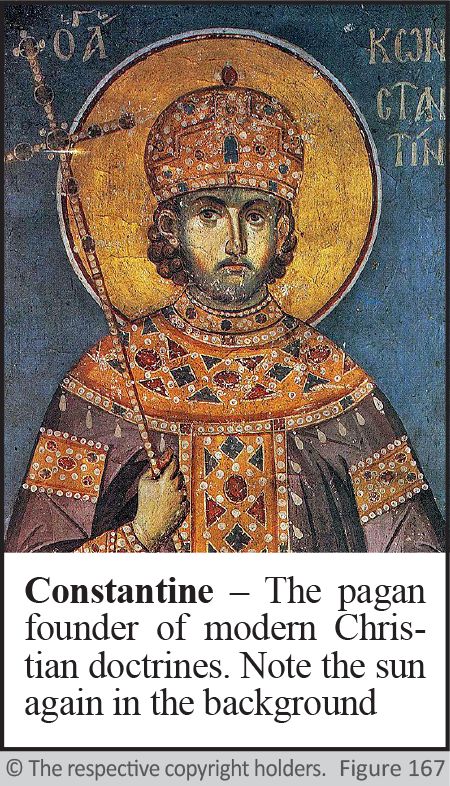
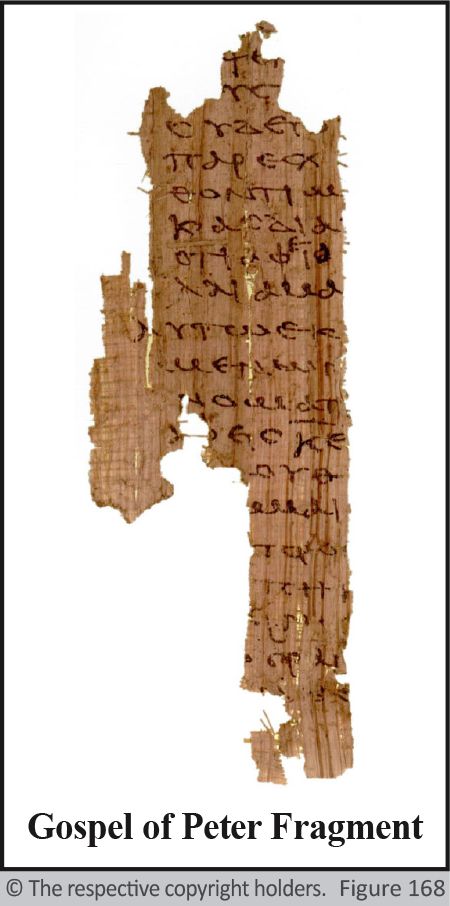
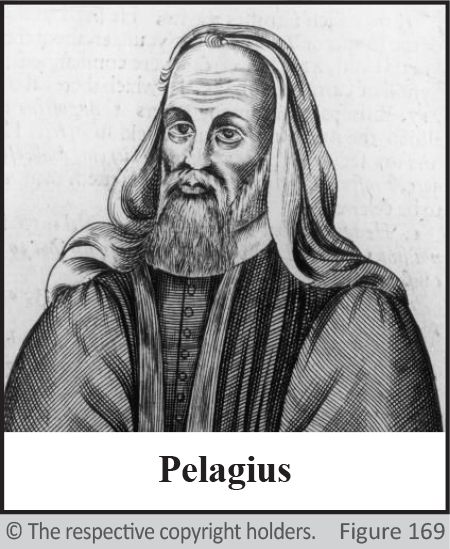
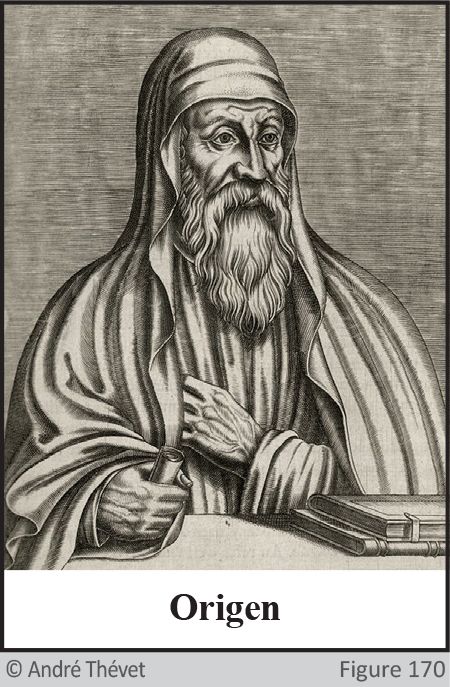
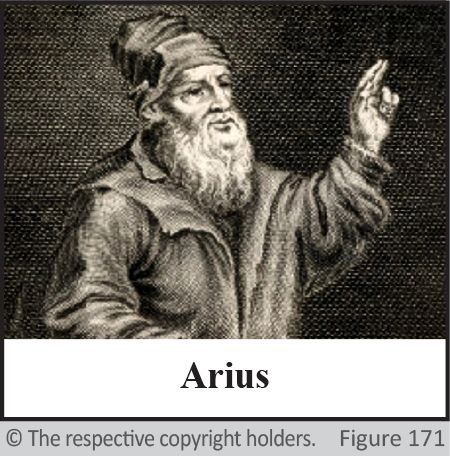
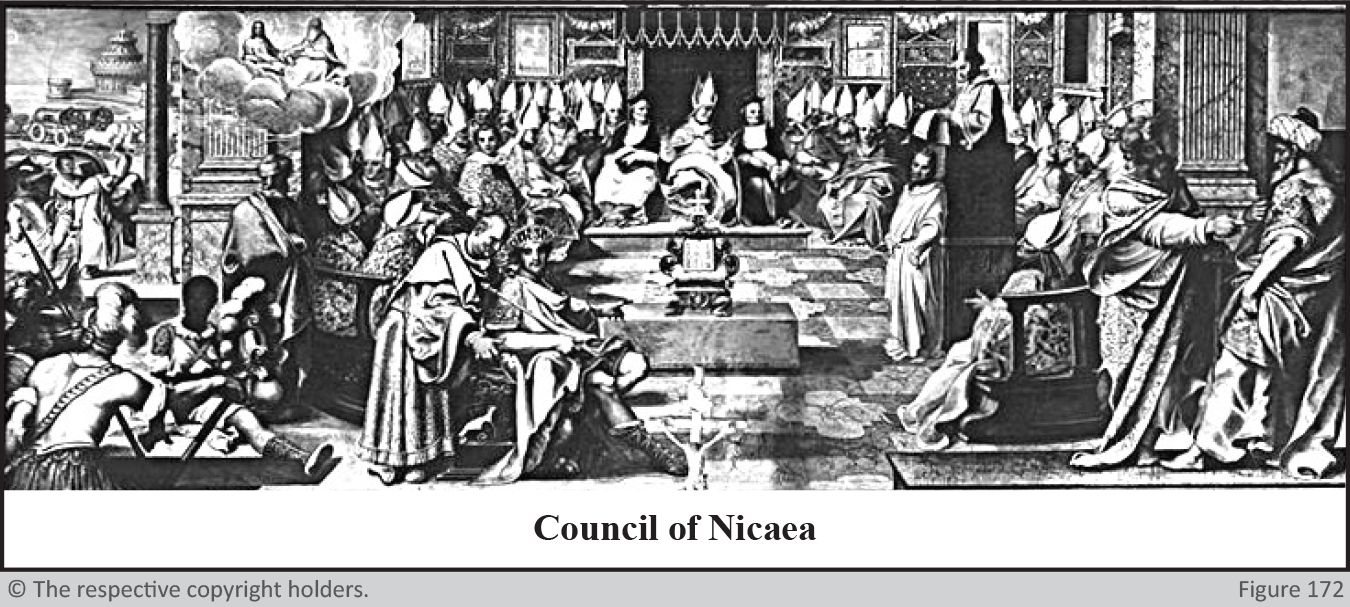
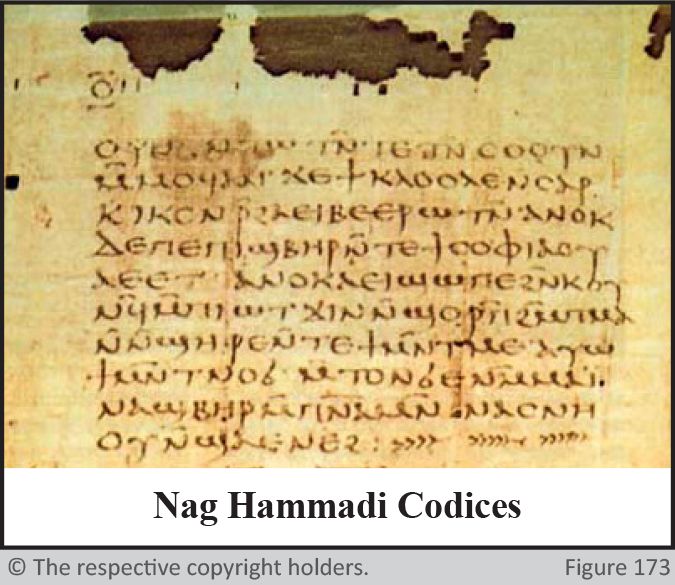
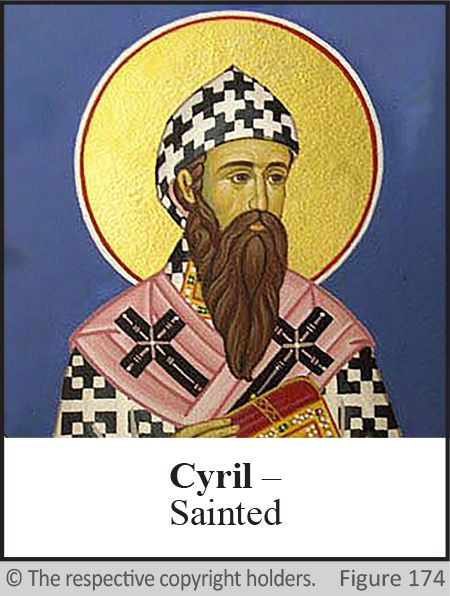
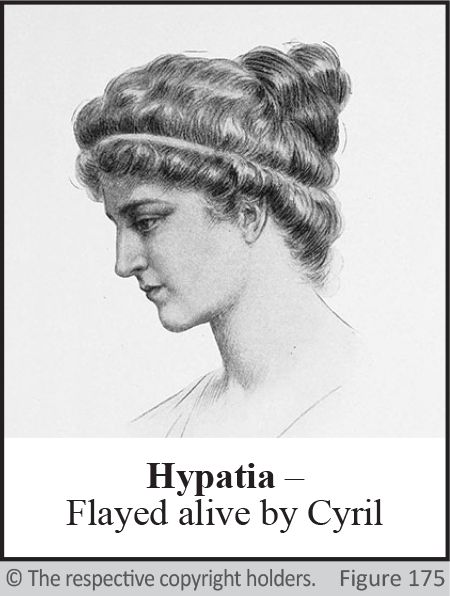

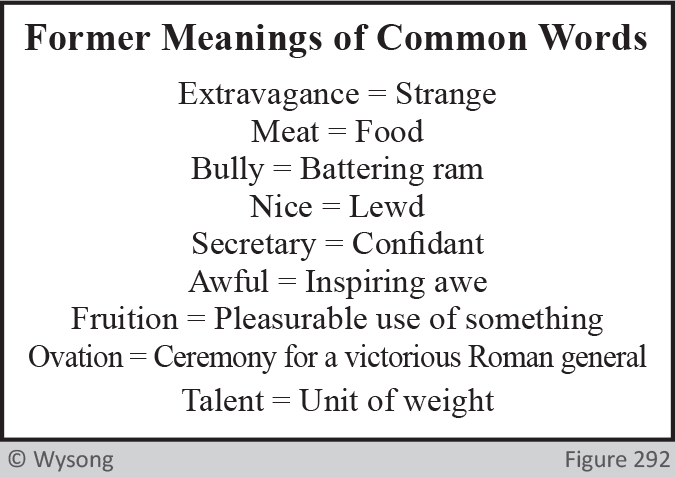
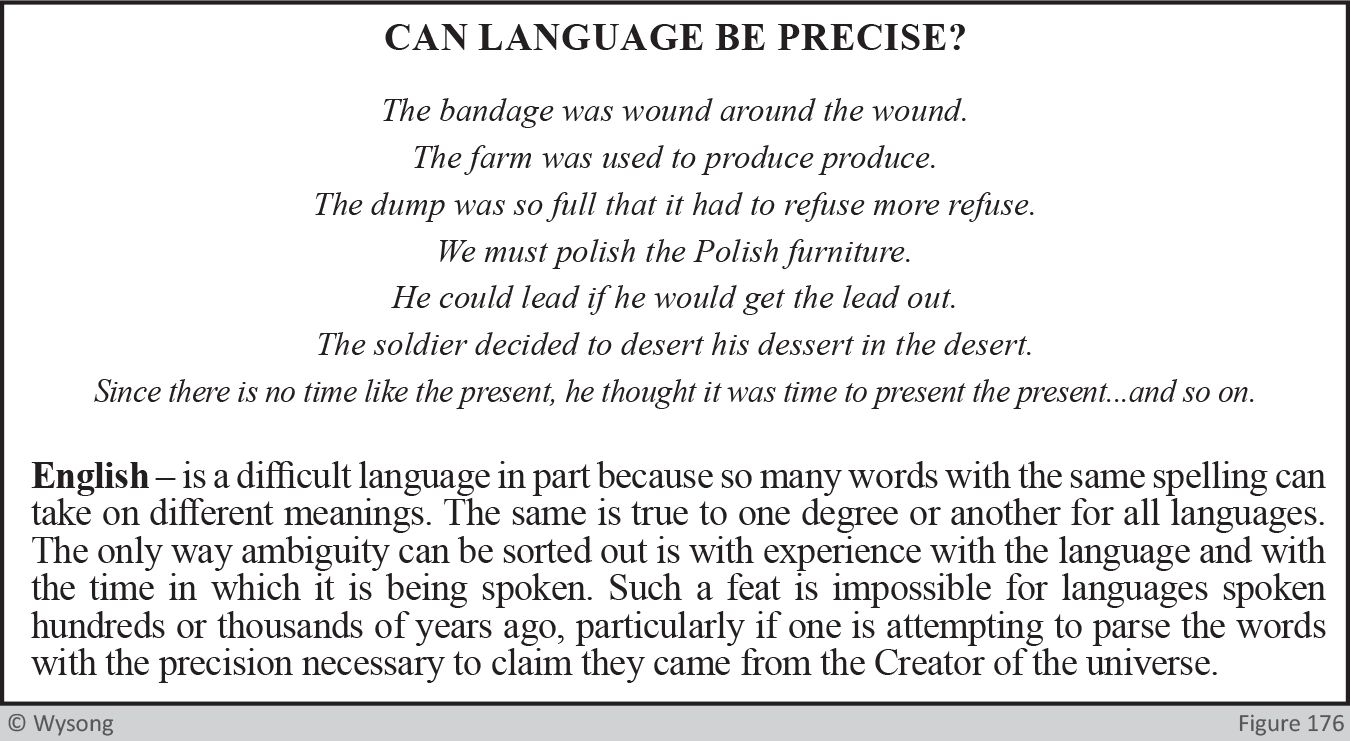
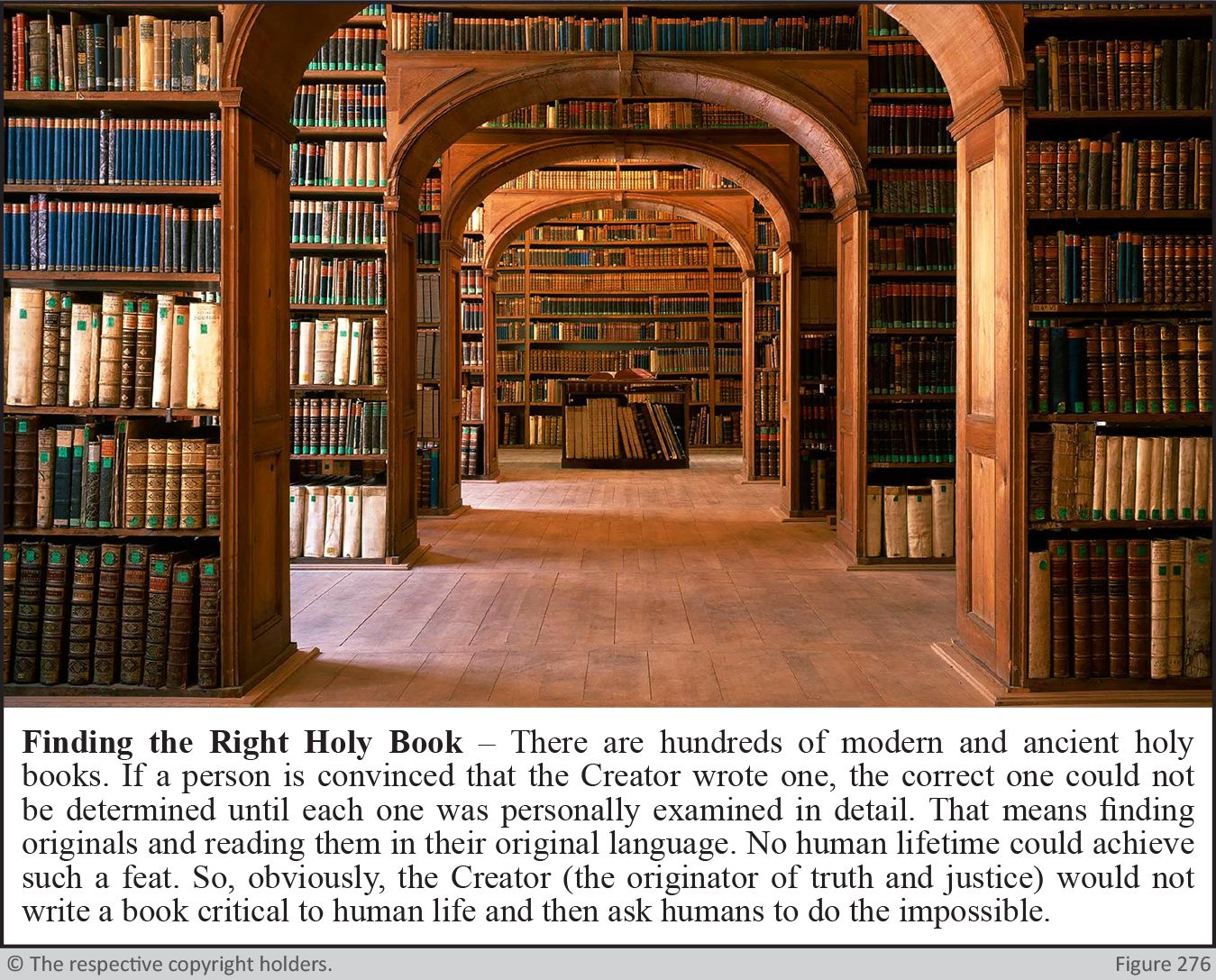
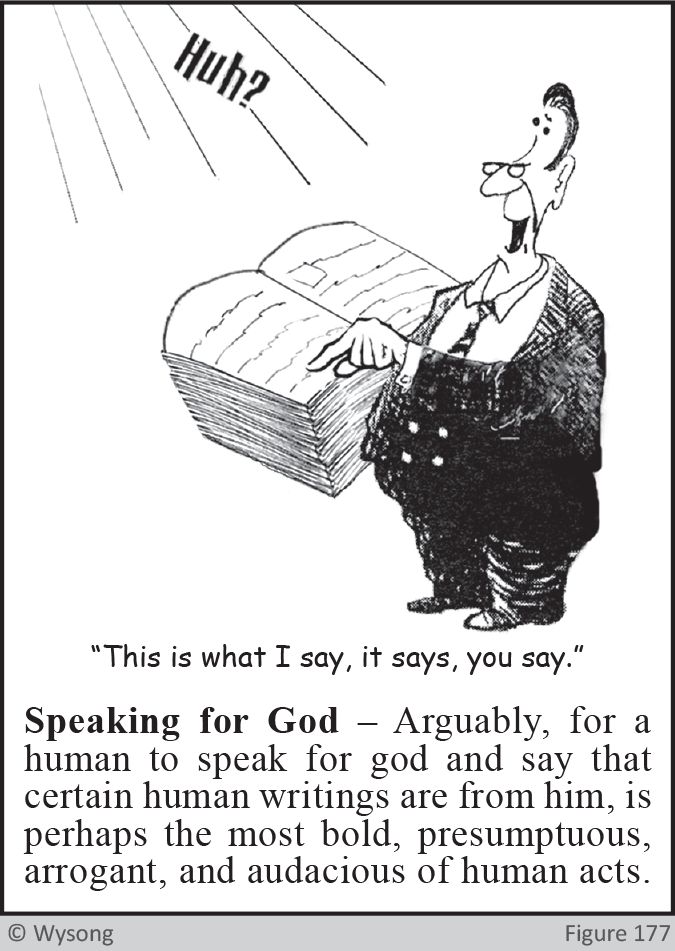
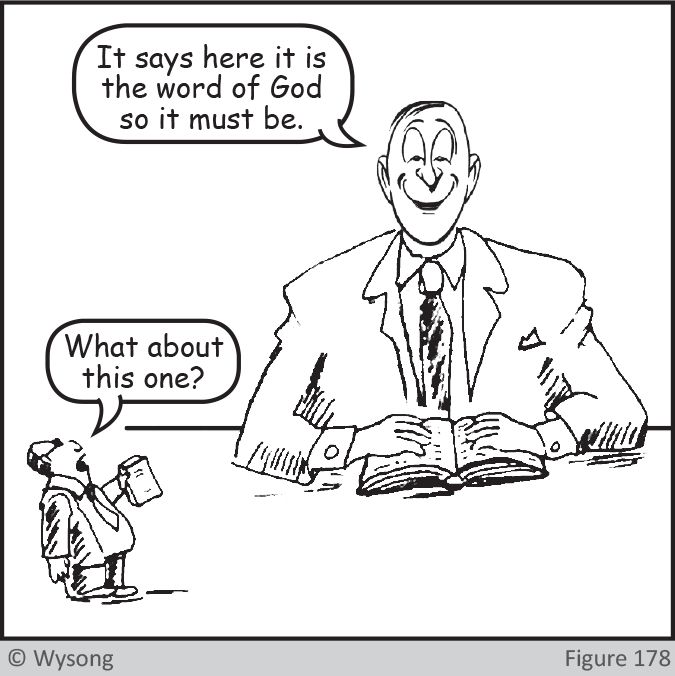
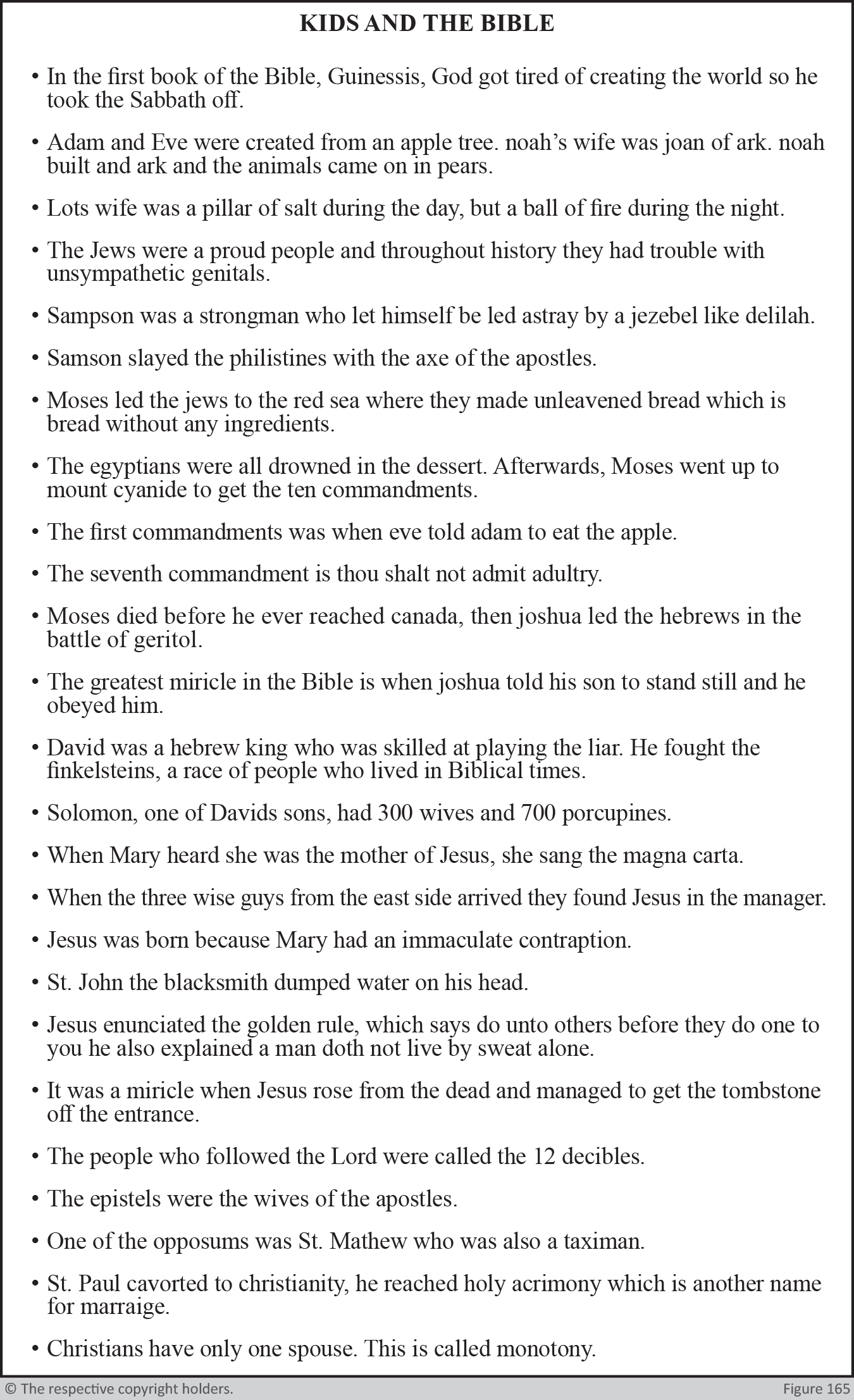
 Twitter
Twitter
0 Comments